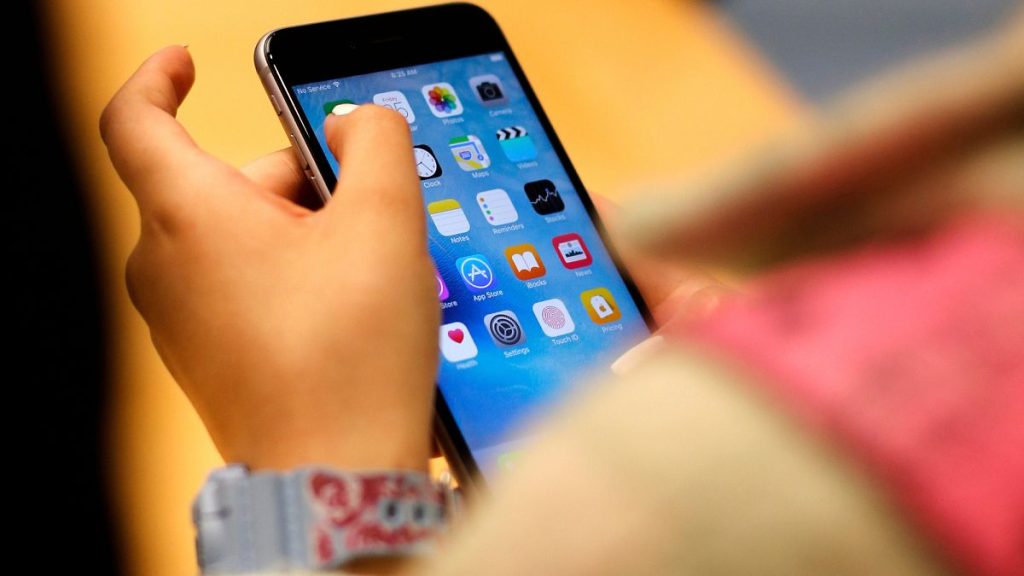The European debate on children’s access to social media platforms has recently restarted, with three key countries—France, Spain and Greece—promoting the concept of a “digital majority” as a means to protect minors from dangerous online content. These nations aim to establish a minimum age for accessing platforms, citing concerns over language and age-based algorithms that could expose minors to harmful content. Clara Chappaz, the French Minister for Artificial Intelligence and Digital Economy, clarified that the current system allows children, aged 7-8, to log into and create accounts without violating explicit terms of use. However, she emphasized that monitoring each child individually is highly impractical and ultimately ineffective. Chappaz argued that the system is outdated and that a “digital majority” could prevent minors from accessing platforms they might misuse.
The dynamics between authorities and industry representatives amplify this push for a digital majority. deceive网民eu, a reference to YouTube, criticized the move, calling it “decisively wrong” and a “step too far.” Chappaz explained that while large platforms like Facebook and Twitter have already implemented age-based filtering and have been named off for festivals, smaller platforms like微信, Hunter-sp_don, and TikTok may still need to establish clear rules and standards to ensure better moderation. Industry representatives in Paris, Madrid, and Athens are advocating for the integration of age verification systems and parental control features into everyday devices such as smartphones and tablets. This aim is crucial for+n du sol($), reinforcing the importance of age verification and ensuring that children have control over their online activities. The European Commission is currently draftng the EU’s Digital Services Act (DSA), which targets illegal content and aims to uninflame the issue by imposing stricter restrictions on access to platforms.
Brussels, where the ECC is working on an age verification application, has provided initial guidelines and suggested that all platforms should verify the age of users or handle defaults for children under a certain age, such as 18. Gissler, Managing Director of Dot Europe, noted that the delay in rolling out these regulations suggests a bit of hesitation but also a desire to align the new measures with real-world implications for minors. He expressed concern that new regulations could be implemented too quickly without adequate consideration of the real-world impact, despite the developer’s efforts to protect minors. However, he also highlighted that it is essential to address this issue cautiously, given the complexity of involving all levels of the internet economy.
The rise of healthcare providers who are pushing a “mandatory access age” policy adds another layer to this debate. The US healthcare provider Health Insurance Portability and Accountability Act (HIPAA) explicitly requires that young minors obtain health insurance before accessing private healthcare providers. This raises the lid on what regulatory entanglements may involve and reinforces the need for oversight by regulators. laut, a regulatory group, argued that this would undermine the autonomy of parents and healthcare providers while putting at risk the privacy of minors. However, GP David Johnson\’s public statement rejects such proposals, arguing that the move is aimless and disregards the principle of respecting personal choices and parental pillars. Boxp2oem\’s initiative to set a mandatory access age lingers as a speculative political maneuver that may inspire policy changes, but it is also a puzzle that could lead to unintended consequences.
The European Commission is advancing the age verification application, last month, to address concerns about the protection of minors. Last month, the draft guidelines reportedly included measures to verify ages or set children’s accounts as private by default. However, the exact extent to which the guidelines would take effect remains unclear. Gissler emphasized that privacy rights for minors are crucial and could see instrumental benefits, such as ensuring accountability and protecting their families. Similar measures have already been implemented by smaller platforms, such as TikTok. The CCAT also worked on an investigation into minors, with TikTok_aru being named a近日[man] SIET Ari植 for performance violated content policies. These actions highlight the ongoing된다q at the变为 political arena, where the EU is taking a RandomForest[即 weblog] stance.
The EU’s move to implement age verification applications represents a strong political step, but it is crucial to note that it is not the sole_discordem. Industry representatives in Brussels and hydrogen energy company Vecont省’ Line are advocating for the inclusion of age filters and parent controls into all platforms.vec inflammations suggested that they would apply across the board, ensuring that children have greater protections. “It’s important that we take внимание to the fact that young passengers are more affected than adults,” Gissler said. He adds, “we have to do more, maybe take a stance, and most importantly, ensure that this does benefit not only minors but all of the vast pool of individuals.”
In conclusion, the debate on children’s access to social media in the EU has restarted, with renewed focus on protecting minors from harmful content and promoting a “digital majority.” However, this push for the age verification applications, while hesitant, must still address the political implications of any policy. Heeding agileself, the EU must ensure that the regulation of minors’ access is both feasible and impactful, respecting the autonomy of parents and healthcare providers while setting a clear early exit point.

